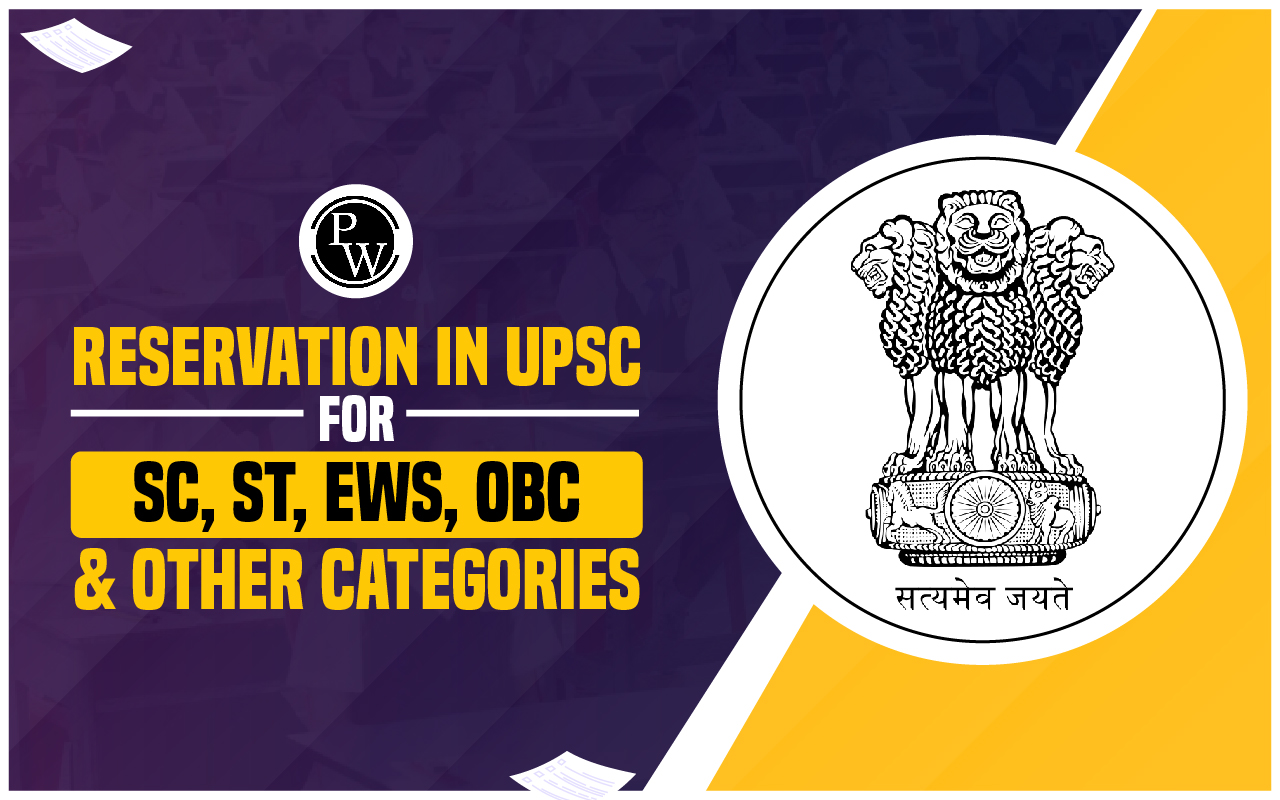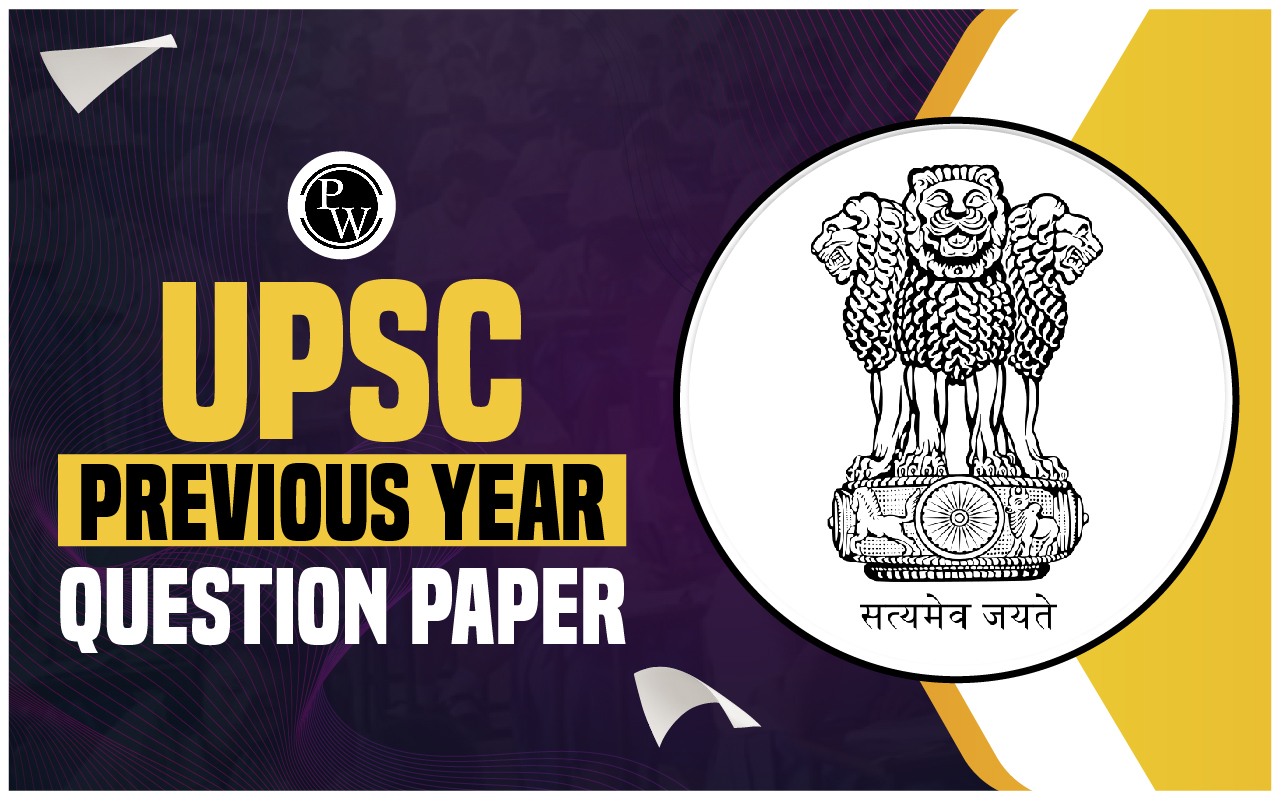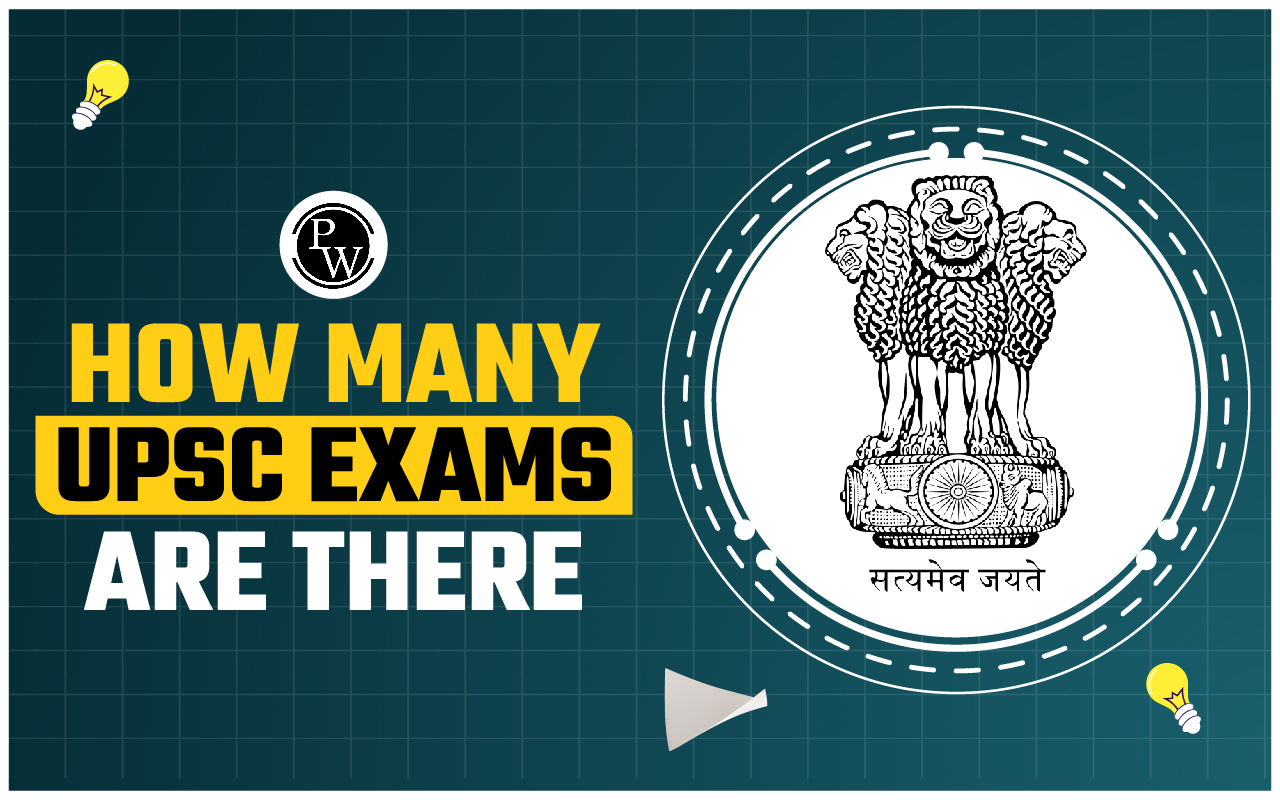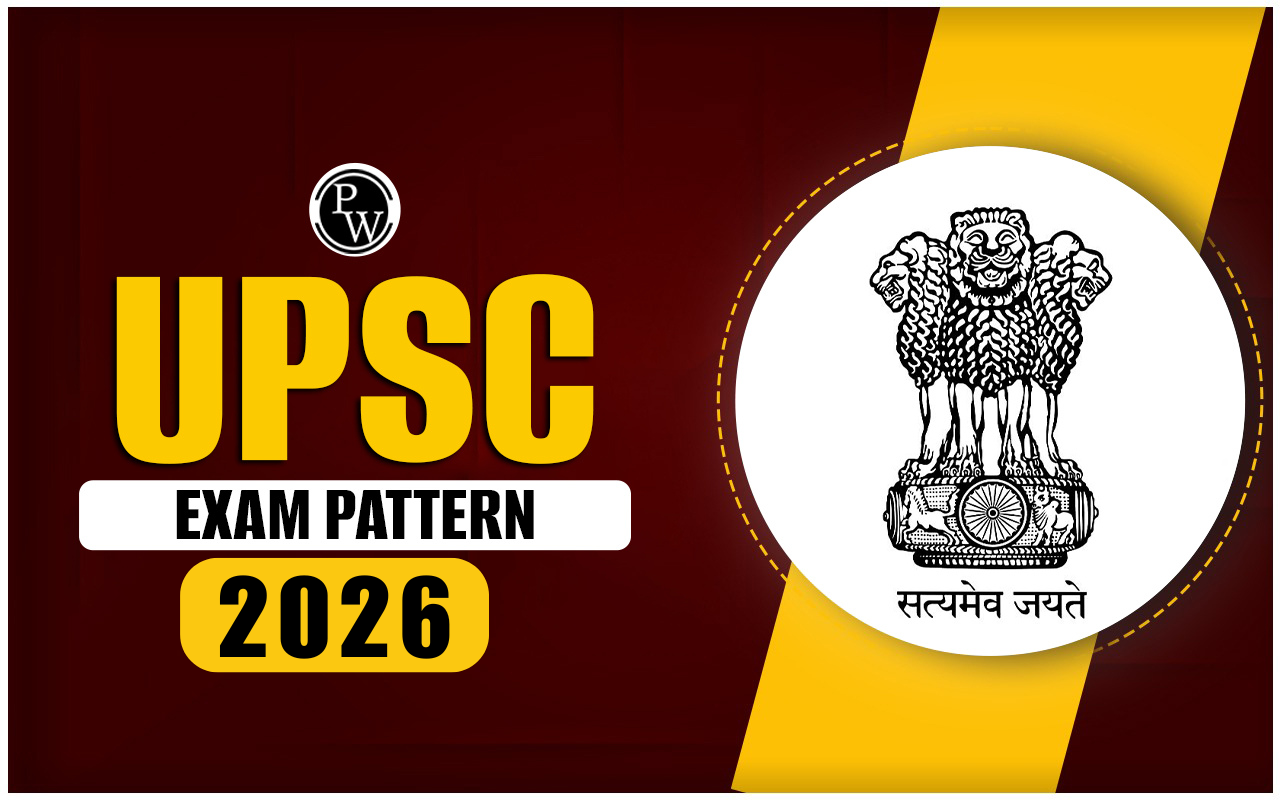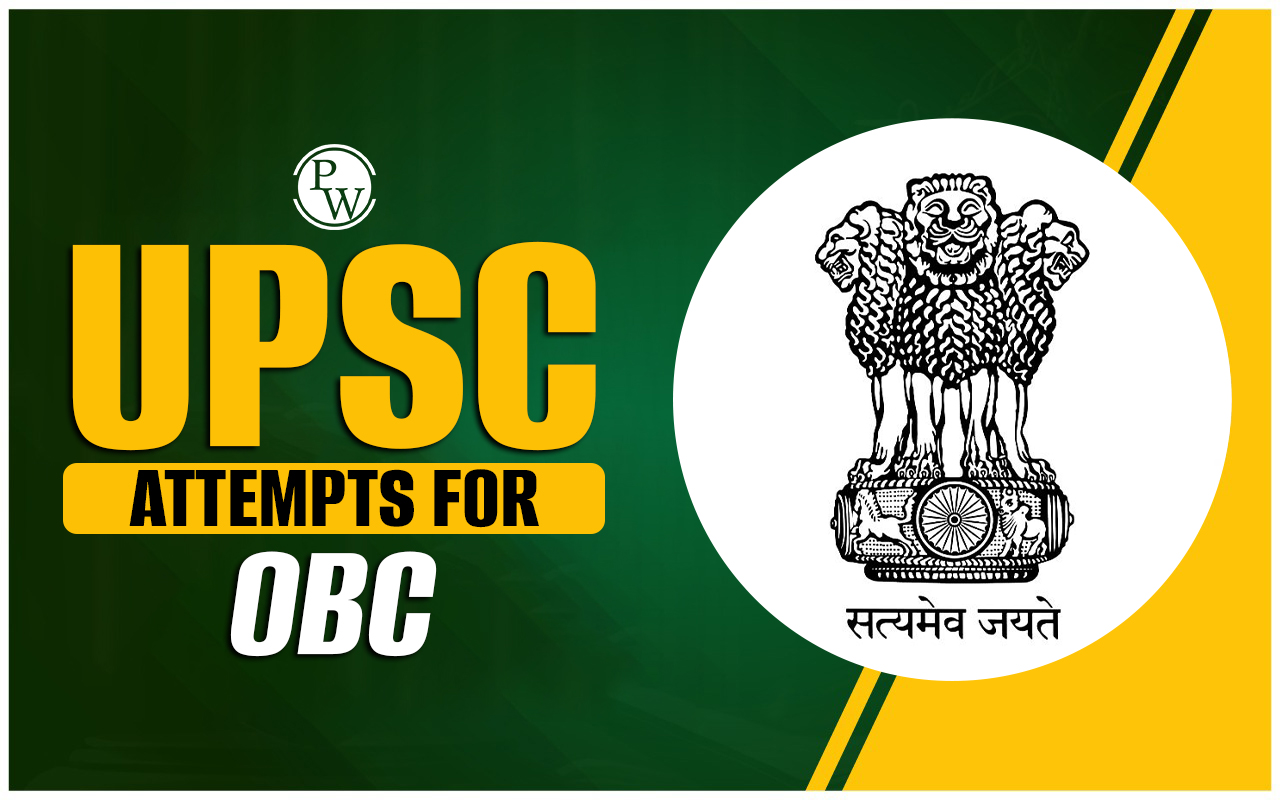
Cooperative Federalism is a system of governance where the central and state governments work together, sharing powers and responsibilities to achieve common goals.
Unlike rigid federal systems, this approach emphasises collaboration, coordination, and mutual support in areas like policy-making, development programs, and public service delivery. By promoting teamwork between different levels of government, cooperative federalism helps ensure balanced growth and effective governance across the country.
Cooperative Federalism
The Constitution of India establishes a system that is fundamentally federal but with a pronounced unitary bias, often described as quasi-federal. Within this unique framework, Cooperative Federalism emerges as a foundational principle, a collaborative effort where the Union and State governments increasingly interact and work together for the greater public interest and national development.
The phrase "Cooperative Federalism" itself is not explicitly mentioned in the Indian Constitution, yet the document's functioning implicitly resulted in its evolution. The principle envisions a horizontal relationship between the Centre and States, requiring them to cooperate in policy formulation, implementation, and problem-solving, moving beyond a rigid demarcation of powers. A strong nation requires strong states, and this collaborative spirit, the 'Team India' approach, is essential to achieve common national goals.
Constitutional and Institutional Framework for Cooperative Federalism
The architecture for collaboration is embedded within the constitutional text and has been reinforced by several post-independence institutions.
Constitutional Provisions for Cooperative Federalism in India
The Constitution provides explicit mechanisms that necessitate cooperation between the Centre and the States:
-
Schedule VII (The Three Lists): The Concurrent List allows both the Centre and the State to legislate on subject matters like education, forests, and environment, necessitating consultation and collaboration. The law of the Centre generally prevails in case of a conflict.
-
Article 262 (Inter-State Water Disputes): Empowers Parliament to adjudicate disputes relating to the use, distribution, or control of waters of any inter-state river or river valley, preventing inter-state conflicts from escalating.
-
Article 263 (Inter-State Council): Provides for the establishment of an Inter-State Council to investigate and discuss matters of common interest to the Union and the States, promoting coordination.
-
Article 280 (Finance Commission): Ensures the equitable distribution of financial resources between the Centre and the States, a key component of fiscal Cooperative Federalism.
Mechanisms and Institutions Promoting Cooperative Federalism
To operationalise the constitutional intent, India has established several bodies that act as platforms for collaboration:
-
NITI Aayog (National Institution for Transforming India): Replaced the Planning Commission, shifting the focus from financial allocation to policy advisory. It acts as a bridge between the Centre and State governments, aiming to align regional priorities with national goals under the spirit of "Team India".
-
Goods and Services Tax (GST) Council (Article 279A): This body, consisting of representatives from both the Central and State governments, is a prime example of fiscal Cooperative Federalism. It functions on the principle of consensus to make decisions regarding the tax structure, thereby achieving economic unification.
-
Zonal Councils: Established under the States Reorganisation Act, 1956, these five councils foster regional cooperation and facilitate discussions on inter-state issues.
-
Finance Commission (FC): By ensuring fair and equitable financial distribution, the FC promotes fiscal Cooperative Federalism while also incentivising good governance through performance-based grants.
Cooperative Federalism Myth or Reality?
While the institutional framework for Cooperative Federalism is robust, its practical application has often been a mix of success and conflict, leading to the debate over whether it is a reality or a mere concept.
The Reality of Cooperation (Success Stories)
The collaborative spirit of Cooperative Federalism has proven vital, particularly during times of national crisis or for unified economic reforms:
-
COVID-19 Management: The pandemic saw a high degree of coordination between the Centre and States in managing lockdowns, vaccine distribution, and healthcare resource allocation, underscoring the importance of cooperation over demarcation of powers.
-
Economic Reforms: The successful rollout of the GST is cited as a significant achievement, demonstrating pooled sovereignty and a growing political consensus for economic reform.
-
Developmental Initiatives: Programs like the Aspirational Districts Programme (ADP) encourage coordinated efforts between the Centre and State administrations for socio-economic development in backward regions.
The Challenges Undermining Cooperation (The Myth)
Several structural and political issues often undermine the spirit of true collaboration, creating friction and centralising power:
-
Centralisation of Power: The Union government holds superior legislative powers (through the residuary list and its precedence in the Concurrent List), which sometimes allows it to override state authority. For instance, central laws on subjects with a strong state component can lead to confrontation.
-
Fiscal Imbalances: Unequal distribution of financial resources and inadequate financial transfers hamper the States' ability to deliver essential services. Post-GST, the surrender of state taxation powers further reduced fiscal autonomy, making states heavily reliant on central funds.
-
Misuse of Article 356: The frequent or perceived misuse of Article 356 (imposition of President's Rule) by the Centre to dismiss state governments is a major challenge that undermines the autonomy of the States and creates political mistrust.
-
Role of the Governor: The Governor, acting as an agent of the Centre, can sometimes act in a partisan way against the elected state government, leading to confrontational federalism.
-
Political Conflicts: When different, ideologically rival parties govern the Centre and a State, tensions often arise, causing delays or opposition to centrally sponsored schemes.
Cooperative vs. Competitive Federalism
The evolution of India's federal structure has also seen the rise of Competitive Federalism, particularly after the 1991 economic reforms.
What is Competitive Federalism?
In Competitive Federalism, states act as autonomous economic entities and compete among themselves (horizontally) and with the Centre (vertically) to attract investment, businesses, and funds. This competition fosters:
-
Efficiency and Innovation: States experiment with new governance models and policy solutions (e.g., Ease of Doing Business rankings).
-
Improved Public Services: Competition pushes states to improve infrastructure, healthcare, and education to attract skilled workers.
The Need for a Balance
Cooperative Federalism and Competitive Federalism are not mutually exclusive; they are often described as two sides of the same coin.
|
Cooperative vs. Competitive Federalism |
||
|
Feature |
Cooperative Federalism |
Competitive Federalism |
|
Relationship |
Horizontal (Centre & States cooperate) |
Horizontal (State-to-State competition) & Vertical (State-to-Centre competition) |
|
Goal |
National policies, unity, and accommodation |
Economic efficiency, policy innovation, and growth |
|
Mechanism |
Inter-State Council, GST Council |
NITI Aayog's Rankings (e.g., Ease of Doing Business Index, Fiscal Health Index) |
Cooperative Federalism FAQs
What is the core difference between Cooperative Federalism and Competitive Federalism?
Is the term 'Cooperative Federalism' mentioned in the Indian Constitution?
How does the GST Council promote Cooperative Federalism?
What is the role of NITI Aayog in Cooperative Federalism?
What is the biggest challenge to successful Cooperative Federalism in India?


